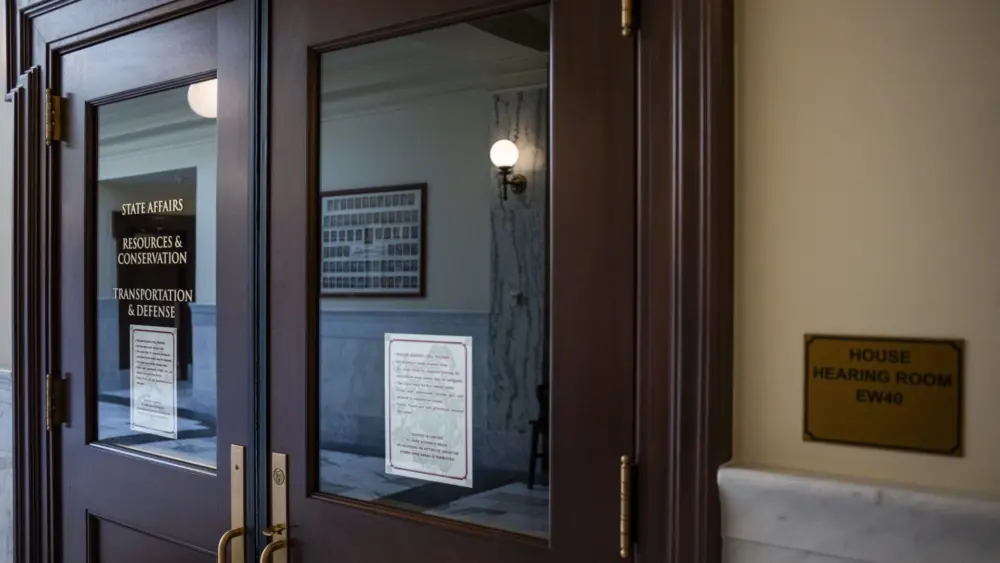(The Center Square) – The Washington Department of Revenue is moving full speed ahead with rulemaking for the capital gains income tax ruled unconstitutional earlier this year.
Last year, the Legislature passed – and Gov. Jay Inslee signed into law – a capital gains tax aimed at the state’s wealthiest residents.
The measure adds a 7% tax on capital gains above $250,000 a year, such as profits from stocks or business sales. Exceptions include the sale of real estate, livestock, and small family-owned businesses.
On March 1, Douglas County Superior Court Judge Brian Huber ruled that the tax on capital gains was “properly characterized as an income tax…rather than as an excise tax as argued by the State” and thus struck it down, as the Washington State Constitution’s uniformity clause does not allow income to be taxed at different rates.
State Attorney General Bob Ferguson then asked the state Supreme Court to take up the case on direct appeal, with the high court agreeing to do so.
“Effective January 1, 2022, Chapter 82.87 RCW imposes an excise tax on sales or exchanges of long-term capital assets,” a Friday bulletin from the DOR said. “This proposed rule seeks to clarify administrative aspects of the excise tax on capital gains such as proper filing procedures and penalties related to this excise tax.”
The bulletin goes on to state, “While the appeal is pending, the Department will continue to provide guidance, such as this rule, to the public regarding the tax as a courtesy. This rule will apply only if the tax is ruled constitutional and valid by a court of final jurisdiction.”
Jason Mercier, director of the Center for Government Reform at the free-market Washington Policy Center think tank, noted that despite Huber’s using the words “void,” “invalid,” “inoperable,” and “unconstitutional” in his ruling, the DOR is continuing with rulemaking related to the capital gains tax.
At about the same time, both The Center Square and Mercier emailed the DOR asking about the appropriateness of rulemaking in this case.
The Center Square did not receive a response, but Mercier did.
“No filings are due until April 2023 so there is still time before a decision would need to be made on how to address this,” Mikhail Carpenter, DOR communications manager, told Mercier in an email responding to a question about any plans to collect the tax pending a decision by the state Supreme Court. “Currently, that decision has not been made.”
Mercier asked if there is a legal obligation for the DOR to proceed with implementation.
“The Legislature tasks the Department with the implementation of its tax laws and the Department must be ready and prepared in the event that the Superior Court’s decision is overturned,” Carpenter explained. “The Superior Court’s decision is not a final decision, especially in light of the acceptance by the state Supreme Court to consider the appeal.”
The state Supreme Court is expected to rule on the constitutionality of the capital gains income tax this winter.




